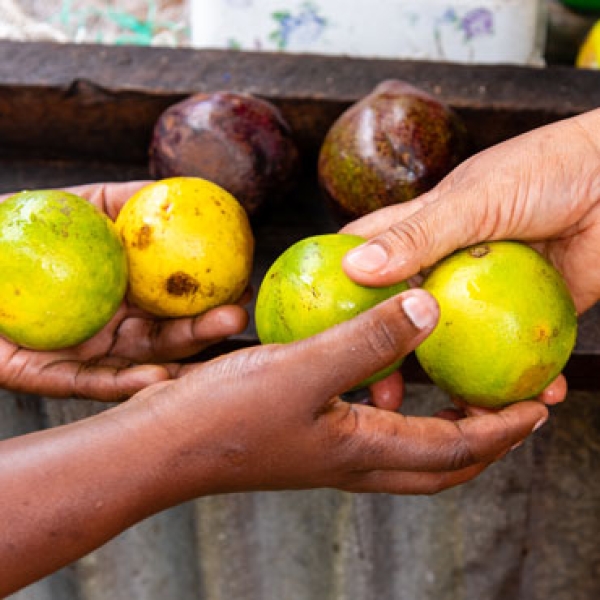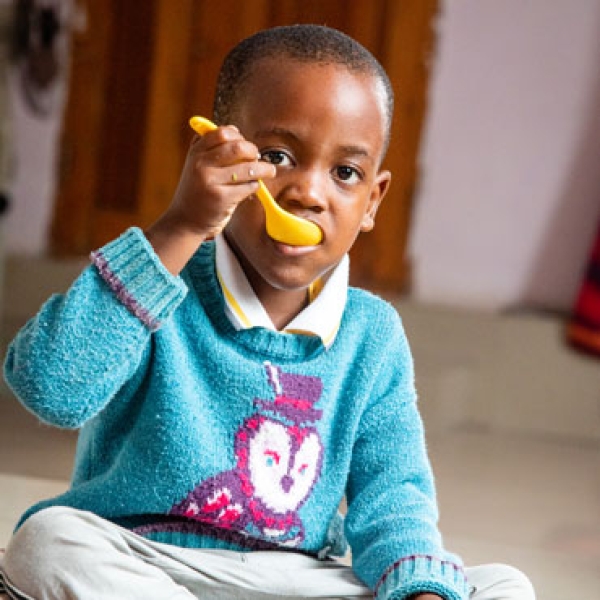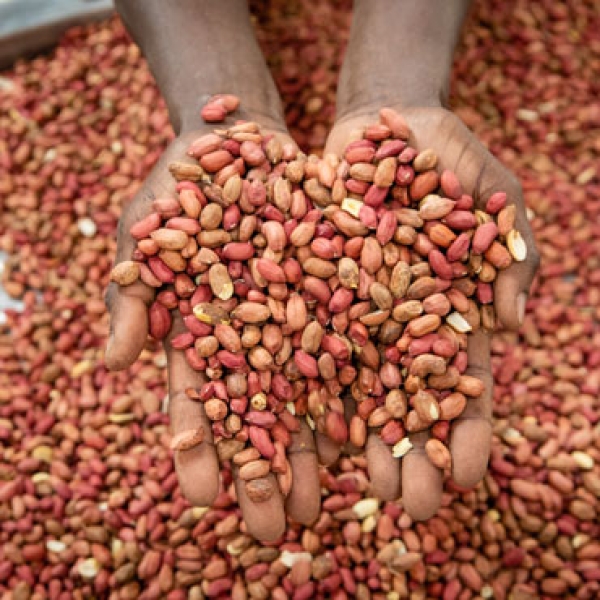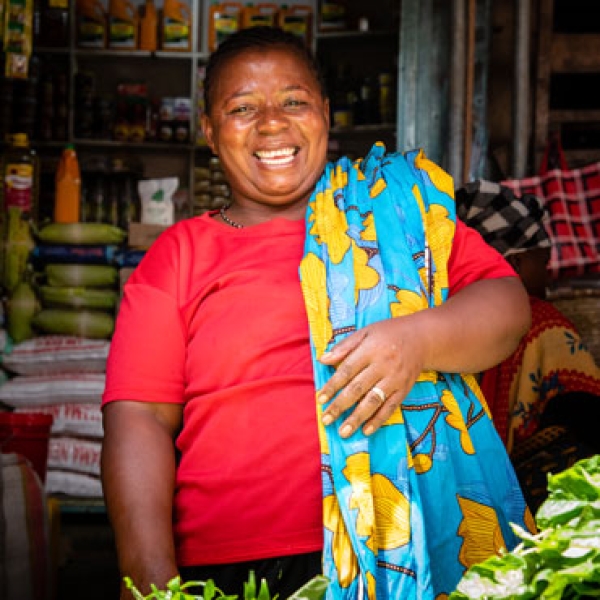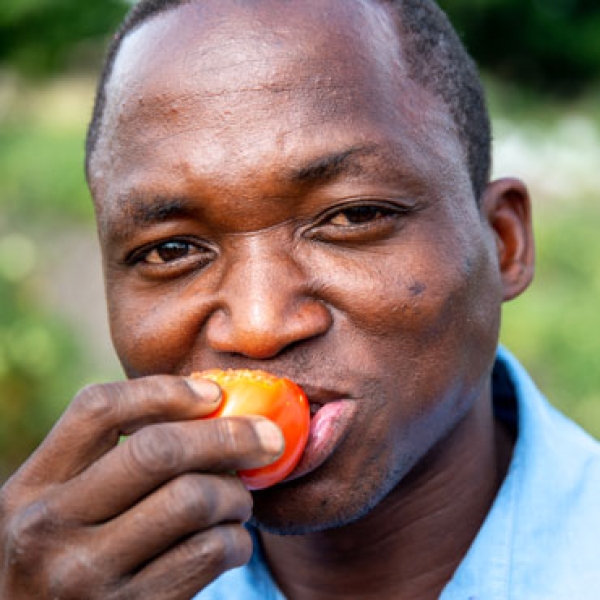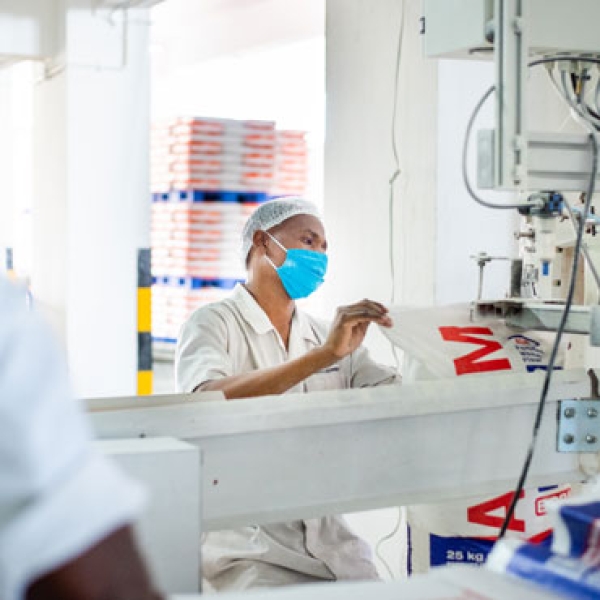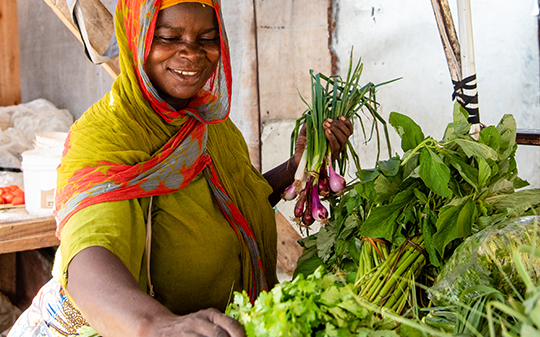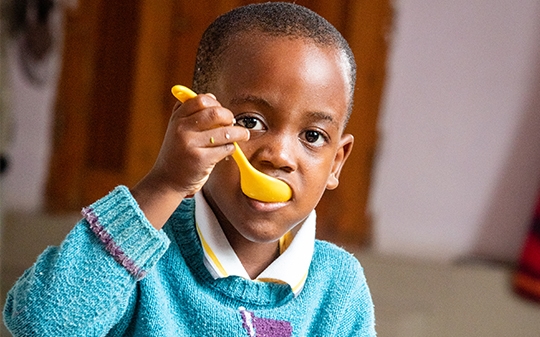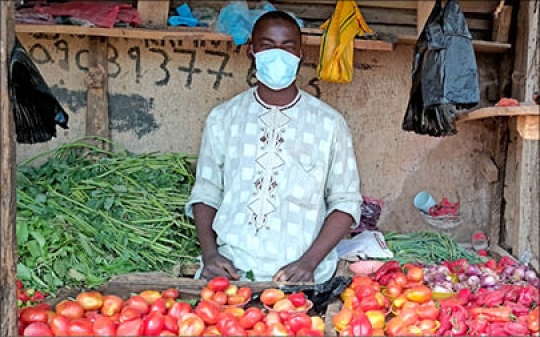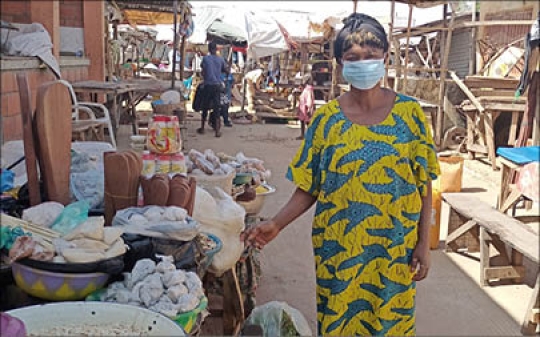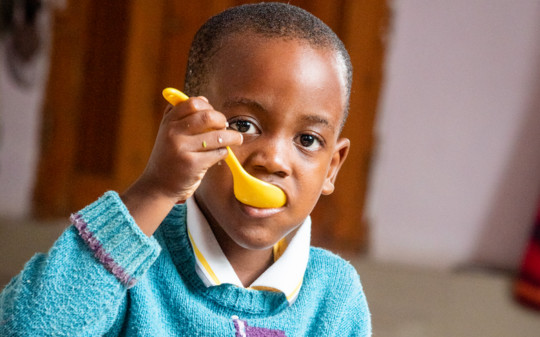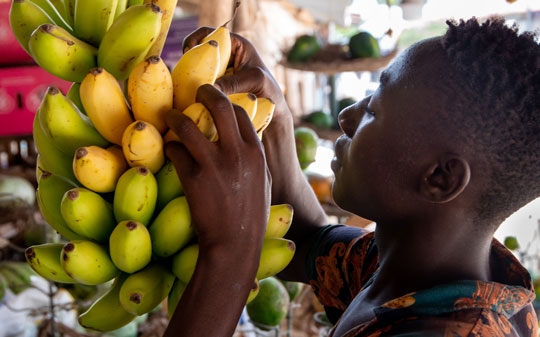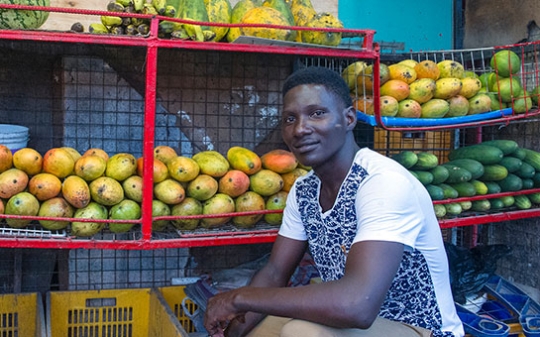Despite the significant progress made by Tanzania in addressing all forms of malnutrition among children under five over the last decade, the prevalence of chronic malnutrition in the country is still high, with stunting at 30% (Ministry of Health and National Bureau of Statistics, 2022). The country has a population of 64 million people (Tanzania National Population Census, 2022), and suffers from high rates of micronutrient deficiencies, with one-third of children deficient in iron and vitamin A (Tanzania Demographic Health Survey, 2016).
The health consequences due to a lack of essential micronutrients such as vitamin A, iron, zinc, folic acid, and iodine can range from severe physical disabilities to life-threatening disorders. Also, a triple burden of malnutrition is emerging where undernutrition co-exists with the rapidly increasing problem of overweight/obesity, hidden hunger, and related conditions such as hypertension, and type 2 diabetes. 28 percent of women of reproductive age (15 to 49) are overweight or obese, a 7 percent increase from 2010 (World Food Program, 2017).
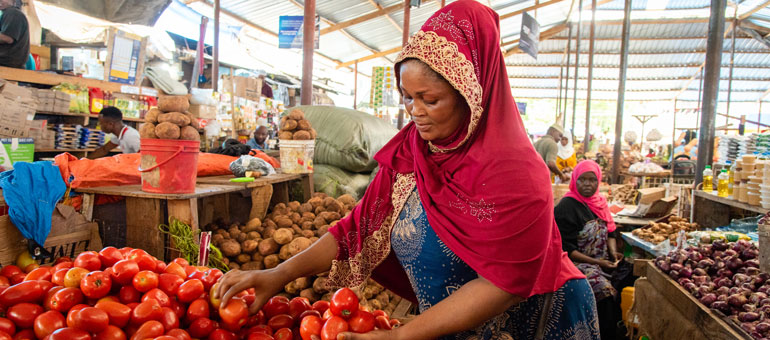
Despite the significant progress made by Tanzania in addressing all forms of malnutrition among children under five over the last decade, the prevalence of chronic malnutrition in the country is still high. © GAIN
Nutritious diets remain expensive, and out of reach for many. In Tanzania, a substantial proportion of household expenditure is on food, approximately 56 percent, increasing to as much as 70 percent for the poorest households (Ministry of Health and National Bureau of Statistics, World Bank, 2020). Consumption of unhealthy foods by children is on the rise as these are often conveniently placed and affordably priced. Rethinking food systems to ensure that nutritious foods are both accessible and desirable is essential in the fight against overweight and obesity. Enforcement of legislation and the general regulatory monitoring frameworks are still weak, but nutrition remains a priority on the Tanzanian government’s agenda.
GAIN’s contribution
The Global Alliance for Improved Nutrition (GAIN) is a Swiss-based foundation launched at the United Nations in 2002 to tackle the human suffering caused by malnutrition. Due to COVID19, conflict in Ukraine, and climate change, malnutrition and hunger have worsened significantly since 2019, reversing a decade of progress. There is growing recognition that our food systems need to change if we are to reverse these trends. Tanzania is one of the countries impacted by malnutrition.
GAIN’s Strategy aims to transform food systems to make healthier diets from sustainable food systems accessible to all people and especially those who are most vulnerable to shocks. By 2027, we aim to improve the access of 1.5 billion people to nutritionally enhanced staple foods, improve the access of 25 million people to healthier diets, and support positive food system change in 10 countries.
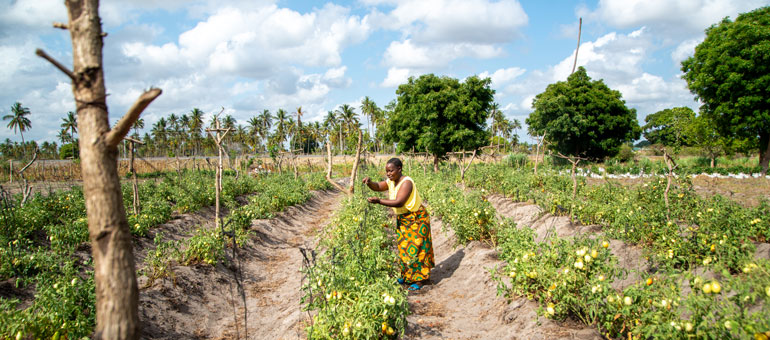
By 2027, we aim to improve the access of 1.5 billion people to nutritionally enhanced staple foods, improve the access of 25 million people to healthier diets, and support positive food system change in 10 countries. © GAIN
This is bold and complex, and the only way to achieve this is to work together with partners including governments, businesses, and civil society at the country and global level. These goals, and the ways of achieving them, build on our twenty-year legacy of transforming people’s lives with improved nutrition through concerted action and effective policy change.
Since 2010, working through alliances and with multi-sectoral partners, GAIN continues to provide targeted technical, financial, and policy support to key participants in the food system to contribute to nutritional outcomes in Tanzania. These include the government at the national and sub-national levels, the private sector, civil society, local and international development partners, and consumer groups.
Building on our earliest efforts that supported national large-scale food fortification regulations, policies, and programmes, our programmatic work has diversified over the years and taken on board a more holistic food system perspective and approach. This has included bringing nutritious foods at affordable prices to markets where small and medium-sized businesses play a central role.
